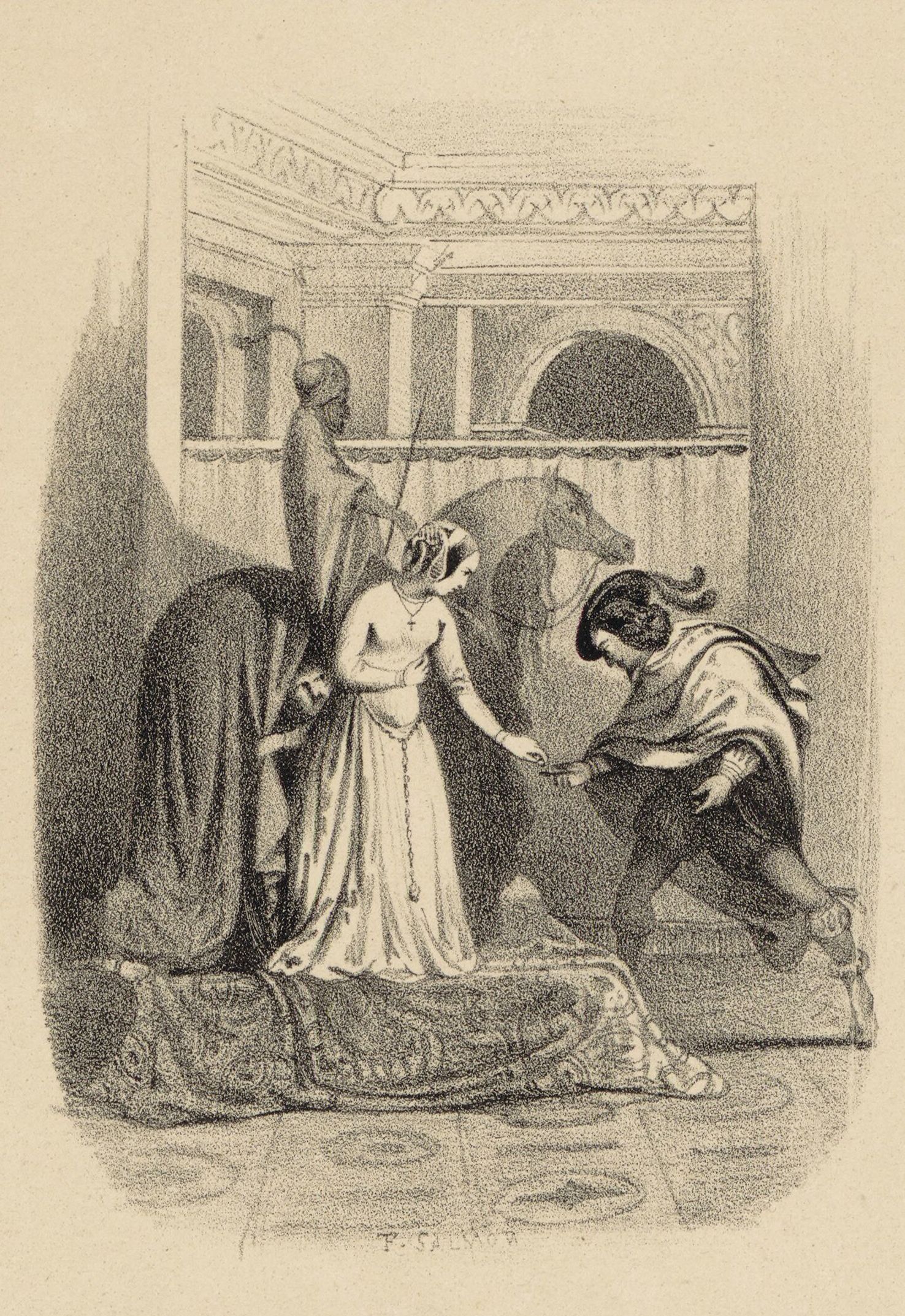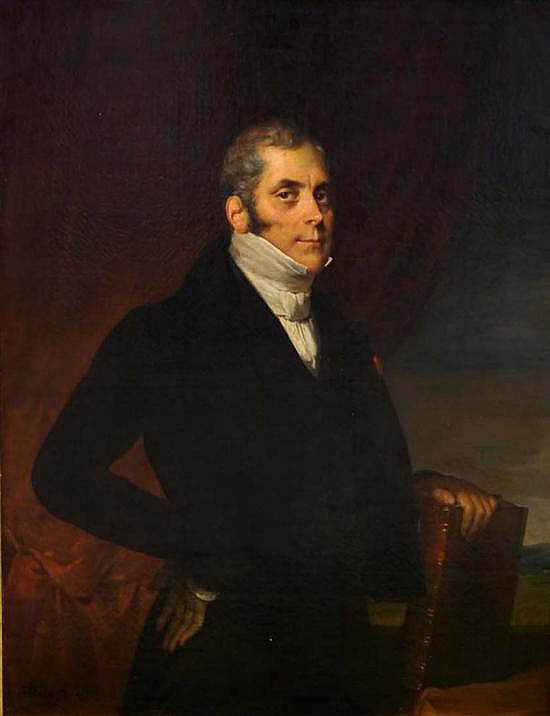|
Bournemouth Symphony Orchestra
The Bournemouth Symphony Orchestra (BSO) is an English orchestra, founded in 1893 and originally based in Bournemouth. With a remit to serve the South and South West of England, the BSO is administratively based in the adjacent town of Poole, since 1979.Street, Sean, and Carpenter, R., ''The Bournemouth Symphony Orchestra, A Centenary Celebration''. Wimborne, The Dovecote Press Ltd, 1993 (). Principal conductors of the orchestra have included Sir Dan Godfrey, Rudolf Schwarz, Constantin Silvestri, Paavo Berglund, Andrew Litton and Marin Alsop. The current principal conductor is Kirill Karabits, since 2009. The orchestra is resident at Lighthouse in Poole, with other major concert series given at Portsmouth Guildhall, the Great Hall of Exeter University and Bristol Beacon. Shorter series are also given in Bournemouth (Pavilion Theatre) and Basingstoke. History Origins to 1934: The Godfrey era The Bournemouth Municipal Orchestra was founded in 1893 by Dan Godfrey as a grou ... [...More Info...] [...Related Items...] OR: [Wikipedia] [Google] [Baidu] |
The Lighthouse (Poole)
Lighthouse is an arts centre in Poole, Dorset, England. According to Arts Council England it is the largest arts centre in the United Kingdom outside London.Lighthouse, About us , The , accessed 10-12-07 It has a 669-seat , a 1,500 seat , a 150-seat , a 105-seat |
Gustav Holst
Gustav Theodore Holst (born Gustavus Theodore von Holst; 21 September 1874 – 25 May 1934) was an English composer, arranger and teacher. Best known for his orchestral suite ''The Planets'', he composed many other works across a range of genres, although none achieved comparable success. His distinctive compositional style was the product of many influences, Richard Wagner and Richard Strauss being most crucial early in his development. The subsequent inspiration of the English folk music#Folk revivals 1890–1969, English folksong revival of the early 20th century, and the example of such rising modern composers as Maurice Ravel, led Holst to develop and refine an individual style. There were professional musicians in the previous three generations of Holst's family and it was clear from his early years that he would follow the same calling. He hoped to become a pianist, but was prevented by neuritis in his right arm. Despite his father's reservations, he pursued a car ... [...More Info...] [...Related Items...] OR: [Wikipedia] [Google] [Baidu] |
Hubert Parry
Sir Charles Hubert Hastings Parry, 1st Baronet (27 February 18487 October 1918) was an English composer, teacher and historian of music. Born in Richmond Hill in Bournemouth, Parry's first major works appeared in 1880. As a composer he is best known for the choral song "Jerusalem", his 1902 setting for the coronation anthem "I was glad", the choral and orchestral ode '' Blest Pair of Sirens'', and the hymn tune "Repton", which sets the words "Dear Lord and Father of Mankind". His orchestral works include five symphonies and a set of Symphonic Variations. He also composed the music for ''Ode to Newfoundland'', the Newfoundland and Labrador provincial anthem (and former national anthem). After early attempts to work in insurance at his father's behest, Parry was taken up by George Grove, first as a contributor to Grove's massive '' Dictionary of Music and Musicians'' in the 1870s and '80s, and then in 1883 as professor of composition and musical history at the Royal College of ... [...More Info...] [...Related Items...] OR: [Wikipedia] [Google] [Baidu] |
Alexander Mackenzie (composer)
Sir Alexander Campbell Mackenzie Knight Commander of the Royal Victorian Order, KCVO (22 August 1847 – 28 April 1935) was a Scottish composer, conductor and teacher best known for his oratorios, violin and piano pieces, Scottish folk music and works for the stage. Mackenzie was a member of a musical family and was sent for his musical education to Germany. He had many successes as a composer, producing over 90 compositions, but from 1888 to 1924, he devoted a great part of his energies to running the Royal Academy of Music. Together with Hubert Parry and Charles Villiers Stanford, he was regarded as one of the fathers of the British English Musical Renaissance, musical renaissance in the late nineteenth century. Life and career Mackenzie was born in Edinburgh, the eldest son of Alexander Mackenzie and his wife, Jessie Watson ''née'' Campbell. [...More Info...] [...Related Items...] OR: [Wikipedia] [Google] [Baidu] |
Hamilton Harty
Sir Herbert Hamilton Harty (4 December 1879 – 19 February 1941) was an Irish composer, conductor, pianist and organist. After an early career as a church organist in his native Ireland, Harty moved to London at about age 20, soon becoming a well-known piano accompanist. ''The Musical Times'' called him "the prince of accompanists". As a composer he wrote throughout his career, many of his works being well received, though few are regularly performed in the 21st century. In his career as a conductor, which began in 1904, Harty was particularly noted as an interpreter of the music of Hector Berlioz, Berlioz. From 1920 to 1933 he was the chief conductor of the the Hallé, Hallé Orchestra in Manchester, which he returned to the high standards and critical acclaim that it had enjoyed under its founder, Charles Hallé. His last permanent post was with the London Symphony Orchestra, but it lasted only two years, from 1932 to 1934. During his conducting career, Harty made some record ... [...More Info...] [...Related Items...] OR: [Wikipedia] [Google] [Baidu] |
Samuel Coleridge-Taylor
Samuel Coleridge-Taylor (15 August 18751 September 1912) was a British composer and conductor. Of mixed-race birth, Coleridge-Taylor achieved such success that he was referred to by white New York musicians as the "African Mahler" when he had three tours of the United States in the early 1900s. He was particularly known for his three cantatas on the epic 1855 poem ''The Song of Hiawatha'' by American Henry Wadsworth Longfellow. Coleridge-Taylor premiered the first section in 1898, when he was 22. He married a British woman, Jessie Walmisley, and both their children had musical careers. Their son Hiawatha adapted his father's music for a variety of performances. Their daughter Avril Coleridge-Taylor became a composer-conductor. Early life and education Samuel Coleridge-Taylor was born at 15 Theobalds Road, Holborn, London, in 1875 to Alice Hare Martin (1856–1953), an English woman, and Daniel Peter Hughes Taylor, a Krio man from Sierra Leone who had studied medic ... [...More Info...] [...Related Items...] OR: [Wikipedia] [Google] [Baidu] |
Les Diamants De La Couronne
''Les diamants de la couronne'' (''The Crown Diamonds'') is an ''opéra comique'' by the French composer Daniel Auber, first performed by the Opéra-Comique at the second Salle Favart in Paris on 6 March 1841. The libretto (in three acts) is by Auber's regular collaborator, Eugène Scribe with the help of Jules-Henri Vernoy de Saint-Georges. Performance history The opera was performed at the Opéra-Comique 379 times up to 1889, under the title ''Les diamants de la reine'', and was revived in Marseilles on 20 March 1896. Outside France it was first performed in Brussels on 25 November 1841, New Orleans on 31 March 1842, Munich on 15 July 1842 (in a German translation by V. A. Swoboda), Prague on 13 August 1842 (in German), Hamburg on 29 October 1842 (in German), Riga in 1843 (in German), Amsterdam in 1843 (in French), Berlin at the Hofoper on 11 February 1843 (in German), Copenhagen on 17 February 1843 (in a Danish translation by T. H. Reynoldson), New York City on 14 July 1843 ... [...More Info...] [...Related Items...] OR: [Wikipedia] [Google] [Baidu] |
Le Cheval De Bronze
''Le Cheval de bronze'' (''The Bronze Horse'') is an '' opéra comique'' by the French composer Daniel Auber, first performed on 23 March 1835 by the Opéra-Comique at the Salle de la Bourse in Paris. The libretto (in three acts) is by Auber's regular collaborator, Eugène Scribe and the piece was a great success in its day. In 1857, it was transformed into an opera-ballet, but this did not hold the stage. The overture is one of Auber's most popular. The first-act finale expands on the final phrases from the first-act finale of Mozart's '' Così fan tutte''. The composer tried to reflect the Chinese setting of the story in the music. Performance history The opera was first performed in England on 14 December 1835 at the Covent Garden Theatre in London, and in the United States on 15 April 1836 at the Théâtre d'Orléans in New Orleans. In March 2012 a production was staged by the Komische Oper Berlin (German version by Bettina Bartz und Werner Hintze) and later broadcast ... [...More Info...] [...Related Items...] OR: [Wikipedia] [Google] [Baidu] |
Daniel Auber
Daniel-François-Esprit Auber (; 29 January 178212 May 1871) was a French composer and director of the Paris Conservatoire. Born into an artistic family, Auber was at first an amateur composer before he took up writing operas professionally when the family's fortunes failed in 1820. He soon established a professional partnership with the librettist Eugène Scribe that lasted for 41 years and produced 39 operas, most of them commercial and critical successes. He is mostly associated with opéra-comique and composed 35 works in that genre. With Scribe he wrote the first French grand opera, ''La Muette de Portici'' (The Dumb Woman of Portici) in 1828, which paved the way for the large-scale works of Giacomo Meyerbeer. Auber held two important official musical posts. From 1842 to 1871 he was director of France's premier music academy, the Paris Conservatoire, which he expanded and modernised. From 1852 until the fall of the Second Empire in 1870 he was director of the imperial chap ... [...More Info...] [...Related Items...] OR: [Wikipedia] [Google] [Baidu] |
Zampa
''Zampa'','' ou La fiancée de marbre'' (''Zampa, or the Marble Bride'') is an opéra comique in three acts by French composer Ferdinand Hérold, with a libretto by Mélesville. The overture to the opera is one of Hérold's most famous works and is a staple of orchestral repertoire. Performance history ''Zampa'' was first performed in Paris on 3 May 1831 at the Opéra-Comique (Salle Ventadour), where it became popular, achieving 500 performances by 1877. In the 20th century however, it faded from the repertoire. It was also popular in Germany and Italy; in the latter the spoken dialogue was replaced by recitatives. It was first performed in the United States on 16 February 1833 at the Théâtre d'Orléans in New Orleans, and in the United Kingdom on 19 April 1833 at the King's Theatre in London. The opera was revived at the Opéra-Comique in March 2008 under William Christie in a production by Macha Makeïeff and Jérôme Deschamps. [...More Info...] [...Related Items...] OR: [Wikipedia] [Google] [Baidu] |
Ferdinand Hérold
Louis Joseph Ferdinand Herold (28 January 1791 – 19 January 1833), better known as Ferdinand Hérold (), was a French composer. He was celebrated in his lifetime for his operas, of which he composed more than twenty, but he also wrote ballet music, works for piano and choral pieces. He is best known today for the ballet ''La fille mal gardée#Jean-Pierre Aumer's new version taddo the music of Hérold, La Fille mal gardée'' and the overture to the opera ''Zampa''. Born in Paris to a musical family, Hérold trained at the Paris Conservatoire and won France's premier musical prize, the Prix de Rome in 1812. After a time in Italy he returned to Paris and worked first at the Comédie-Italienne, Théâtre Italien and then at the Paris Opéra, Opéra. He wrote several ballets for the latter, but was best known as a composer of opéra comique. Some of them particularly in his early days, were hampered by poor librettos, but later he had more successes than failures, and his last two ope ... [...More Info...] [...Related Items...] OR: [Wikipedia] [Google] [Baidu] |








